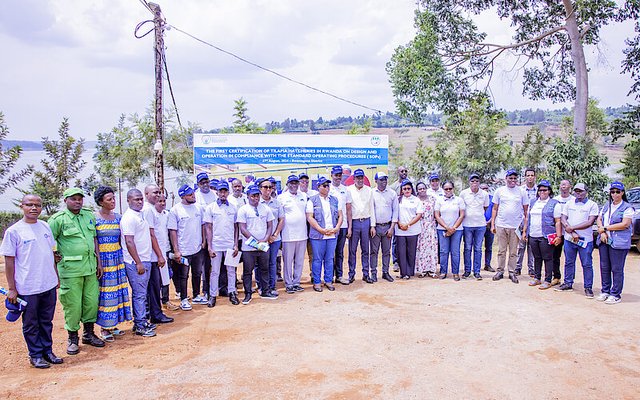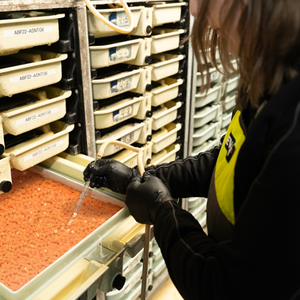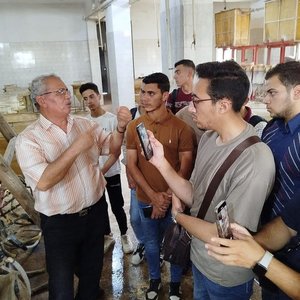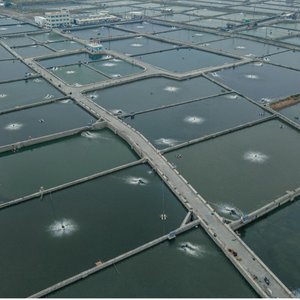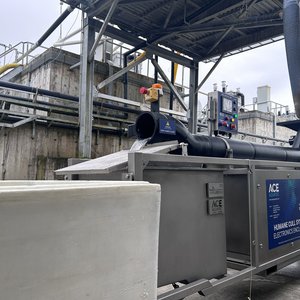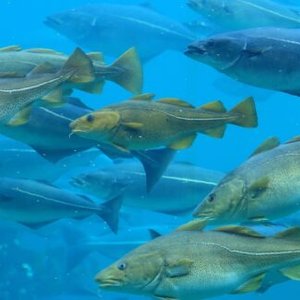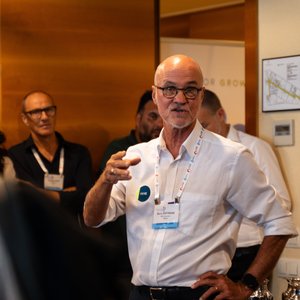The Rwandan tilapia hatchery industry has witnessed impressive growth in recent years, evolving from a single government-operated facility to a network of 12 private hatcheries supplying fingerlings to aquaculture farmers. This expansion, spanning from 2017 to 2024, highlights the sector's increasing role in Rwanda’s economy.
In alignment with this growth, Rwanda aims to produce 80,000 metric tons (MT) of fish by 2035, as outlined in the National Aquaculture Strategy. Achieving this ambitious goal presents several challenges, particularly the need for intensified production practices that heighten the risk of disease. Addressing these challenges requires effective management and control measures to ensure sustainable growth and a robust market for aquaculture products.
To support these efforts, the Rwanda Agriculture and Animal Resources Development Board (RAB), in partnership with Orora Wihaze and WorldFish experts through the Technologies for African Agricultural Transformation (TAAT) initiative, has developed Standard Operating Procedures (SOPs) for tilapia hatcheries. The implementation of these SOPs represents a critical step toward strengthening Rwanda's aquaculture sector.
On August 27, 2024, in Rwamagana District, RAB and Orora Wihaze certified six tilapia hatcheries that have met the stringent SOPs for hatchery biosecurity. The certified hatcheries include FINE FISH LTD, located in Rwamagana District; FRE FISH LTD, located in Rwamagana District; GISHANDA FISH FARM LTD, located in Kayonza District; LAKESIDE FISH FARM LTD, located in Bugesera District; KIVU CHOICE LTD, located in Gisagara District; and KIVU TILAPIA FARM LTD, located in Rusizi District.
At the certification event, Jean Claude Ndorimana, director general of Animal Resources Development at the Ministry of Agriculture and Animal Resources, urged fish investors to enhance hatchery operations. He emphasized that improving fingerling production is essential for boosting overall fish production in Rwanda.
The certification of tilapia hatcheries in Rwanda marks a significant milestone in the pursuit of the country’s ambitious aquaculture targets. By adhering to SOPs, hatcheries are ensuring higher quality, more reliable production, and fostering a more sustainable and commercially viable sector. Continuous improvement, strict biosecurity, and coordinated efforts among all stakeholders are crucial for the continued success of Rwanda’s aquaculture industry.


